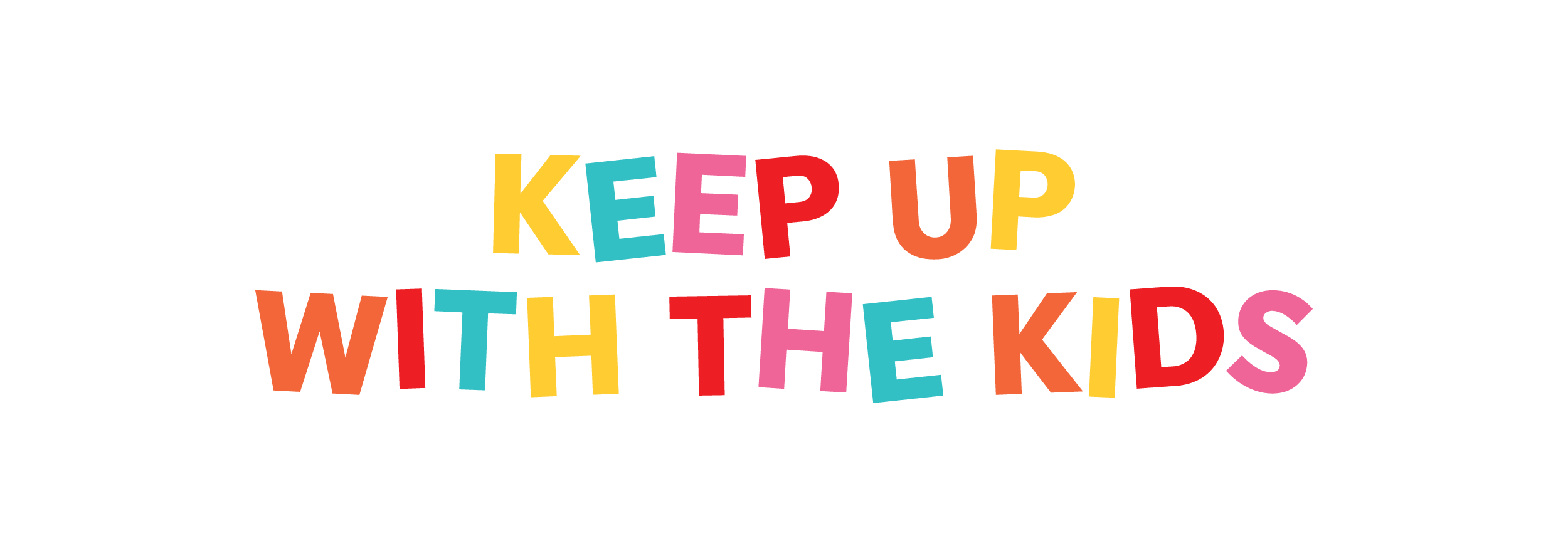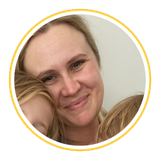First impressions of the NZ Curriculum (from a parent’s perspective)
I share my first impressions of the 117-page document, exploring its values, vision for the future, and what it suggests about NZ's cultural identity.

When writing this quick overview of the NZ Curriculum, I tried to stay impartial and stick to the facts. But, in this post, I’ll share my first impressions and personal reflections as a mum reading the curriculum for the first time.
Ambitious, idealistic, inclusive, inspiring…
These are just a few adjectives that sprang to mind as I read the 117-page document. I was surprised and delighted at how wholesome much of the language was. I think it says a lot about my cynicism that I expected the document to be dry, rigid, and formal — it was anything but.
As I’ve mentioned before, I started this project with simple questions like “when will my kid learn long division?”, and I’m quickly learning that’s not at all what the NZ Curriculum is about. It reads more like a visionary philosophy for current and future generations. It’s deeply underpinned by perspectives on NZ’s cultural identity and its place in the world.
Take this excerpt, for example: “The principles set out below embody beliefs about what is important and desirable in school curriculum — nationally and locally. They should underpin all school decision making. These principles put students at the centre of teaching and learning, asserting that they should experience a curriculum that engages and challenges them, is forward-looking and inclusive, and affirms New Zealand’s unique identity.”
For context, the principles are: High expectations; Learning to learn; Treaty of Waitangi; Community engagement; Cultural diversity; Coherence; Inclusion; and Future focus.
What blows my mind is that, as a country, we are still debating many of the core values that underpin our current education system. Were we ever truly in agreement about these principles? Are they now under threat? Will they change over the next few years? How can we, as parents, advocate for aspects of the curriculum that matter to us? And how can we help our kids trust in what they are learning, when so much of what they encounter in the media seems at odds with the values we’re teaching them?
I love many of the values outlined in the NZ Curriculum, but it appears that many of my peers do not. We, as a country, are still grappling with who we are and what we want to stand for.
Us adults have some work (and soul-searching) to do
If both my kids reach Year 13 and receive the education the current NZ Curriculum promises, I believe they’ll have a wonderful foundation for whatever comes next.
I was born in 1991, so my schooling followed the 1993 curriculum, which had a more traditional approach, with a focus on specific subject areas like reading, writing, and mathematics. It didn’t include a strong emphasis on values, the Treaty of Waitangi, or Te Ao Māori.
Though I have no doubt the 2007 Curriculum is flawed in its own ways, I appreciate how it emphasises values like being “connected to the land and environment” and “all cultures are valued for the contributions they bring”. I especially love how it highlights Health & Physical Education — I wish I had been taught about mental health, sexual health, and Hauora when I was a child.
Chances are, most parents reading this weren’t educated by the current curriculum. So, despite how young we might feel, we’re probably still holding on to some ‘old school’ beliefs — we’re already out of touch!
When I express support for some of the values outlined in the NZ Curriculum, I’m often teased for being overly idealistic. But these very values are core features that inform one of New Zealand’s most important frameworks. This gives me hope, but it also feels fragile. Are these words on a page truly reflected in classrooms across the country?
More questions I have after this first read
The NZ Curriculum is 117 pages long, and I’ve only just scratched the surface. I look forward to revisiting it and sharing my findings in future articles. Hopefully, I’ll get a chance to have conversations with teachers and education experts along the way.
Some of the questions I hope to answer include:
- Do teachers like the current curriculum?
- Is it easy to implement in the classroom?
- What’s getting missed?
- Who shaped the curriculum? Was it created inclusively?
- How often do teachers refer to this document after university?
- Which private companies provide coursebooks and resources for teaching the curriculum? And what checks and balances are in place to ensure they remain unbiased?
I’m sure this list of questions will continue to grow as I dive even deeper into the NZ education system. I really hope this is useful to some of you — thank you so much for following along. And remember, if you’re a teacher, education expert, or passionate parent, I’d love to hear from you. You can reach me at jess@madeofwords.co.nz.





